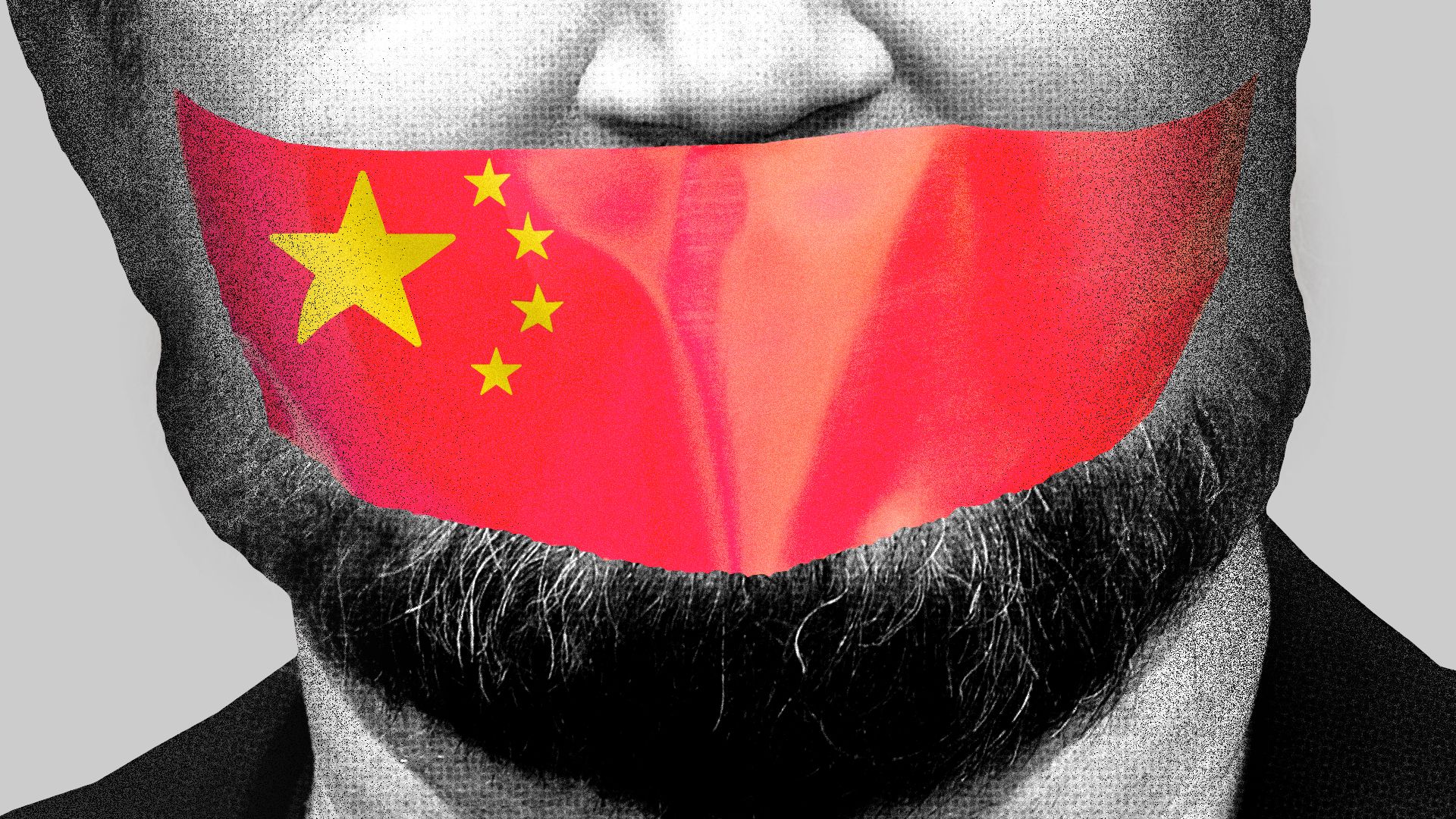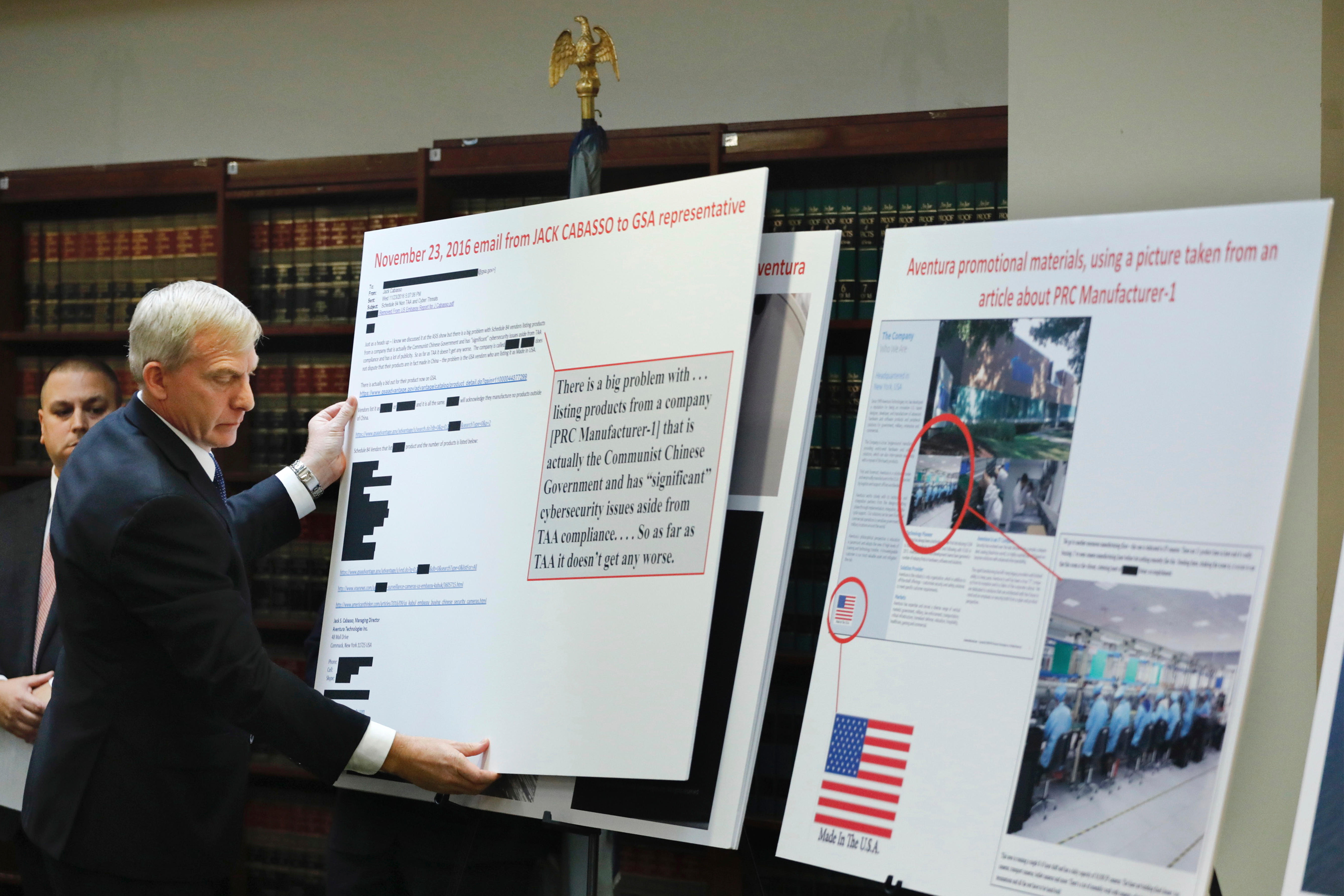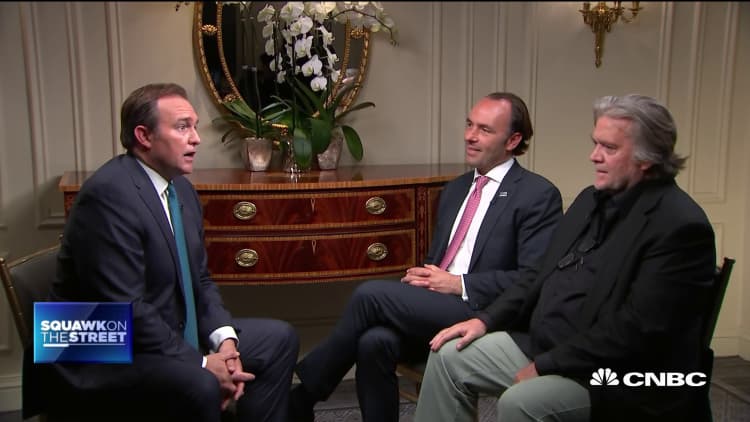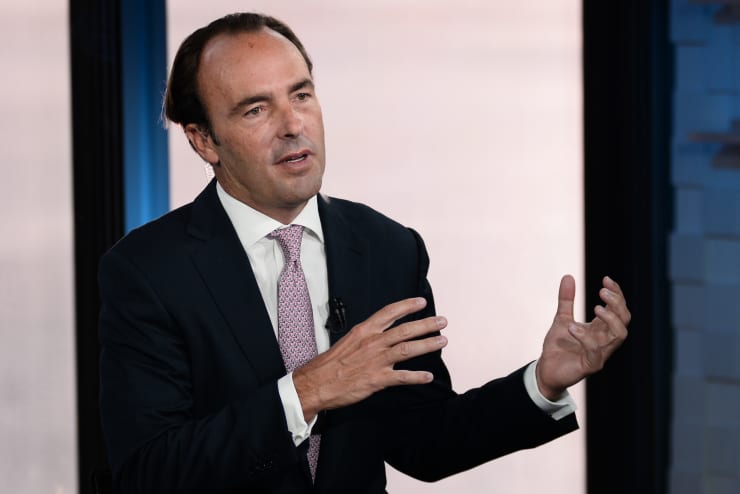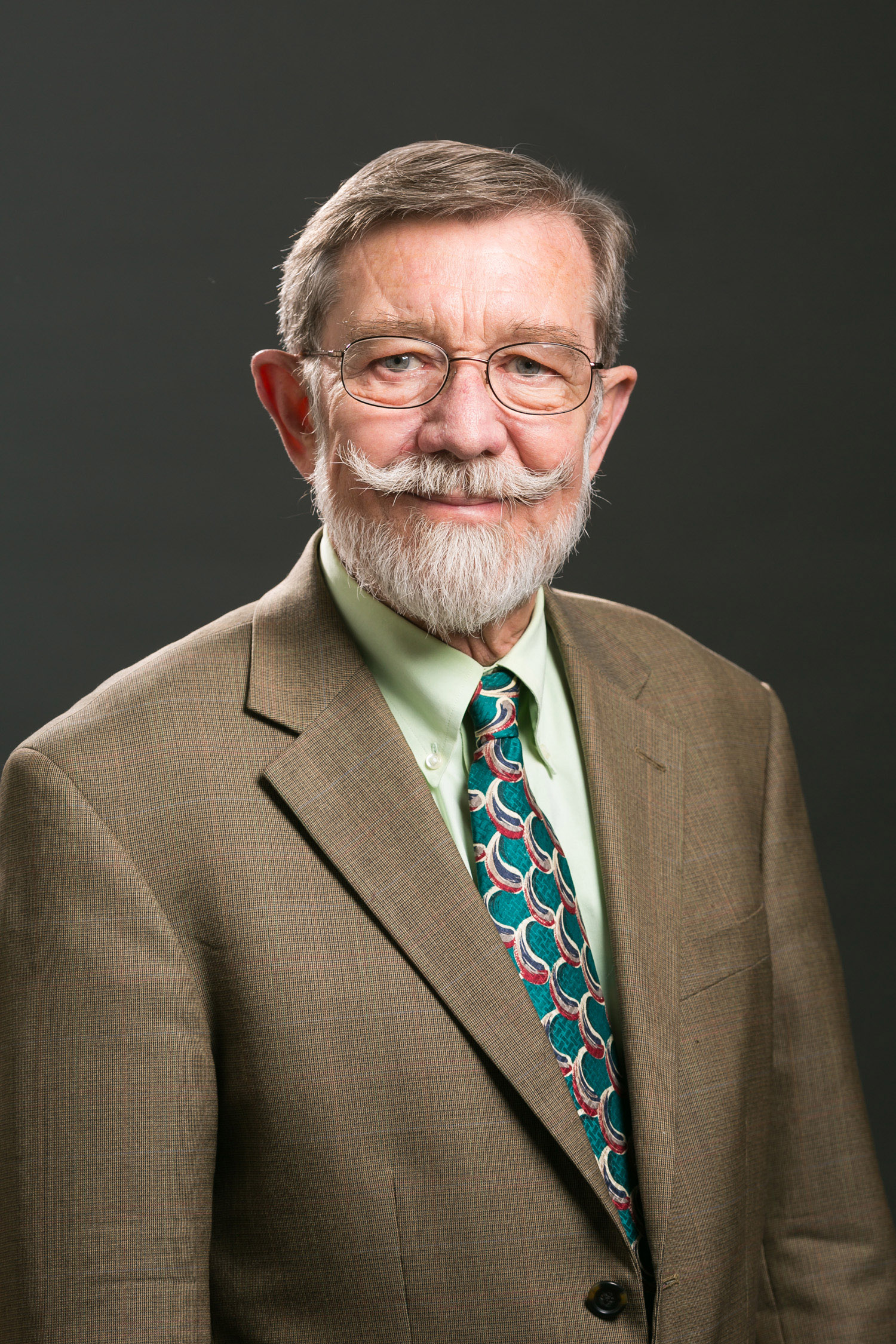Charles M. Lieber, the chair of Harvard’s chemistry department, lied about contacts with a Chinese state-run initiative that seeks to draw foreign-educated talent.
By Ellen Barry

Charles M. Lieber at an award ceremony in Jerusalem in 2012.
BOSTON — Early Tuesday morning, F.B.I. agents arrived at two of the most protected corners of Harvard University’s academic cloister, raking through a gabled house in the suburb of Lexington and a neoclassical brick building in Cambridge.
By afternoon, one of Harvard’s scientific luminaries was in handcuffs, charged with making a false statement to federal authorities about his financial relationship with the Chinese government, and especially his participation in its Thousand Talents program, a campaign to attract foreign-educated scientists to China.
By afternoon, one of Harvard’s scientific luminaries was in handcuffs, charged with making a false statement to federal authorities about his financial relationship with the Chinese government, and especially his participation in its Thousand Talents program, a campaign to attract foreign-educated scientists to China.
The arrest of Charles M. Lieber, the chair of Harvard’s department of chemistry and chemical biology, signaled a new, aggressive phase in the Justice Department’s campaign to root out scientists who are stealing research from American laboratories.
For months, news has been trickling out about the prosecution of scientists, mainly Chinese graduate students and researchers working in American laboratories.
But Lieber represents a different kind of target, a star researcher who had risen to the highest reaches of the American academic hierarchy.
Lieber, a leader in the field of nanoscale electronics, has not been accused of sharing sensitive information with Chinese officials, but rather of hiding — from Harvard, from the National Institutes of Health and from the Defense Department — the amount of money that Chinese funders were paying him.
Lieber’s lawyer, Peter Levitt, made no comment after a preliminary hearing in federal court in Boston on Tuesday.
His arrest sent shock waves through research circles.
“This is a very, very highly esteemed, highly regarded investigator working at Harvard, a major U.S. institution, at the highest rank he could have, so, all the success you can have in this sphere,” said Ross McKinney Jr., chief scientific officer of the Association of American Medical Colleges.
Lieber’s lawyer, Peter Levitt, made no comment after a preliminary hearing in federal court in Boston on Tuesday.
His arrest sent shock waves through research circles.
“This is a very, very highly esteemed, highly regarded investigator working at Harvard, a major U.S. institution, at the highest rank he could have, so, all the success you can have in this sphere,” said Ross McKinney Jr., chief scientific officer of the Association of American Medical Colleges.
“It’s like, when you’ve got it all, why do you want more?”
McKinney described anxiety among his colleagues that scientists will be scrutinized over illegitimate sources of international funding.
“We worry that, slowly but surely, we’re going to be criminally charged. This is a big deal. We all could end up in jail.”
McKinney described anxiety among his colleagues that scientists will be scrutinized over illegitimate sources of international funding.
“We worry that, slowly but surely, we’re going to be criminally charged. This is a big deal. We all could end up in jail.”
Lieber, 60, was charged with one count of making a false or misleading statement, which carries a maximum sentence of five years in prison.
He appeared in court on Tuesday wearing the outfit he had put on to head to his office at Harvard: a Brooks Brothers polo shirt, cargo pants and hiking boots.
He appeared subdued as he flipped through the charge sheet.
Levitt, his lawyer, said it was his first opportunity to read the charge against him.
Harvard said Lieber had been placed on indefinite administrative leave.“The charges brought by the U.S. government against Lieber are extremely serious,” said Jonathan Swain, a spokesman for the university.
Harvard said Lieber had been placed on indefinite administrative leave.“The charges brought by the U.S. government against Lieber are extremely serious,” said Jonathan Swain, a spokesman for the university.
“Harvard is cooperating with federal authorities, including the National Institutes of Health, and is initiating its own review of the misconduct.”
Lieber was one of three scientists to be charged with crimes on Tuesday.
Lieber was one of three scientists to be charged with crimes on Tuesday.
Harvard Chinese criminals
Zaosong Zheng, a Harvard-affiliated cancer researcher was caught leaving the country with 21 vials of cells stolen from a laboratory at Beth Israel Deaconess Hospital in Boston, according to the authorities.
He had admitted that he had planned to turbocharge his career by publishing the research in China under his own name.
He was charged with smuggling goods from the United States and with making false statements, and was being held without bail in Massachusetts after a judge determined that he was a flight risk.
His lawyer has not responded to a request for comment.
The third was Yanqing Ye, who had been conducting research at Boston University’s department of physics, chemistry and biomedical engineering until last spring, when she returned to China.
She hid the fact that she was a lieutenant in the People’s Liberation Army, and continued to carry out assignments from Chinese military officers while at B.U.
Yanqing was charged with visa fraud, making false statements, acting as an agent of a foreign government and conspiracy.
Yanqing was charged with visa fraud, making false statements, acting as an agent of a foreign government and conspiracy.
She was in China and was not arrested.
Prosecutors made it clear that the charges announced on Tuesday were part of a bigger crackdown on researchers working with the Chinese government.
“No country poses a greater, more severe or long-term threat to our national security and economic prosperity than China,” said Joseph Bonavolonta, special agent in charge of the F.B.I.’s Boston field office.
Prosecutors made it clear that the charges announced on Tuesday were part of a bigger crackdown on researchers working with the Chinese government.
“No country poses a greater, more severe or long-term threat to our national security and economic prosperity than China,” said Joseph Bonavolonta, special agent in charge of the F.B.I.’s Boston field office.
“China’s communists’s goal, simply put, is to replace the U.S. as the world superpower, and they are breaking the law to get there.”
He called Massachusetts, with its cluster of elite universities and research institutions, “a target-rich environment.”
He called Massachusetts, with its cluster of elite universities and research institutions, “a target-rich environment.”
Charging documents in the case describe Lieber’s growing commitments in China, and efforts to hide them from his employers in the United States.
In 2011, the documents say, he signed an agreement to become a “strategic scientist” at Wuhan University of Technology in China, entitling him to a $50,000 monthly salary, $150,000 in annual in living expenses and more than $1.5 million for a second laboratory in Wuhan.
In 2013, he celebrated the founding of a joint laboratory, the WUT-Harvard Joint Nano Key Laboratory.
He was informed in 2012 that he had been selected to participate in the Thousand Talents plan, the China-run program.
In 2015, Harvard officials discovered that Lieber was leading a laboratory at Wuhan University, and informed him that the use of Harvard’s name and logo was a violation of university policy.
He was informed in 2012 that he had been selected to participate in the Thousand Talents plan, the China-run program.
In 2015, Harvard officials discovered that Lieber was leading a laboratory at Wuhan University, and informed him that the use of Harvard’s name and logo was a violation of university policy.
Lieber then distanced himself from the project, but continued to receive payment.Then in 2017 he was named a university professor, Harvard’s highest faculty rank, one of only 26 professors to hold that status.
The same year, he earned the N.I.H. Director’s Pioneer Award for inventing syringe-injectable mesh electronics that can integrate with the brain.
Investigators from the Defense Department — which had extended $8 million in grants to Lieber — began questioning him in 2018 about secondary sources of income, prosecutors said.
Lieber told them that he was aware of China’s Thousand Talents program, but had never been invited to participate, prosecution documents say.
Investigators from the Defense Department — which had extended $8 million in grants to Lieber — began questioning him in 2018 about secondary sources of income, prosecutors said.
Lieber told them that he was aware of China’s Thousand Talents program, but had never been invited to participate, prosecution documents say.
Two days after that conversation, the documents say, Lieber asked a laboratory associate to help him identify web pages in which he was named as the head of the Chinese lab.
“I lost a lot of sleep worrying all of these things last night and want to start taking steps to correct sooner than later,” he wrote in an email to a research colleague that was cited by prosecutors.
“I lost a lot of sleep worrying all of these things last night and want to start taking steps to correct sooner than later,” he wrote in an email to a research colleague that was cited by prosecutors.
“I will be careful about what I discuss with Harvard University, and none of this will be shared with government investigators at this time.”
Last year, Harvard was required to submit a detailed report about Lieber to N.I.H., which had provided $10 million in grants for his research projects.
Last year, Harvard was required to submit a detailed report about Lieber to N.I.H., which had provided $10 million in grants for his research projects.
He told university officials that he had “no formal association” with the Wuhan University of Technology, prosecutors said, and that he “is not and has never been” a participant in the Thousand Talents program.The campaign to scrutinize scientists’ foreign funding is a relatively new one.
Late in 2018, Jeff Sessions, then the attorney general, announced that the United States was “standing up to the deliberate, systematic and calculated threats posed, in particular, by the communist regime in China.”
As a result, researchers are adjusting to a higher level of scrutiny about foreign funding than they faced in the past, said Derek Adams, a former federal prosecutor who specialized in civil fraud.
“The problem here, in my view, is that in 2018 there was a material change in the way the F.B.I. and the agencies were approaching this issue,” said Adams, now a partner in the law firm Feldesman Tucker Leifer Fidell.
In many cases, he said, “they’re looking at conduct that occurred many years ago. For an individual that may have had an obligation to disclose, it may not have been front at center at that time.”
Frank Wu, a law professor and former president of the Committee of 100, an organization of communist Chinese-Americans, has criticized the recent prosecutions as “potentially devastating to American science, because the number of people who have some connection to China is so vast.” Until recently, he said, such collaborations were considered healthy.
“These rules are new rules,” he said.
Late in 2018, Jeff Sessions, then the attorney general, announced that the United States was “standing up to the deliberate, systematic and calculated threats posed, in particular, by the communist regime in China.”
As a result, researchers are adjusting to a higher level of scrutiny about foreign funding than they faced in the past, said Derek Adams, a former federal prosecutor who specialized in civil fraud.
“The problem here, in my view, is that in 2018 there was a material change in the way the F.B.I. and the agencies were approaching this issue,” said Adams, now a partner in the law firm Feldesman Tucker Leifer Fidell.
In many cases, he said, “they’re looking at conduct that occurred many years ago. For an individual that may have had an obligation to disclose, it may not have been front at center at that time.”
Frank Wu, a law professor and former president of the Committee of 100, an organization of communist Chinese-Americans, has criticized the recent prosecutions as “potentially devastating to American science, because the number of people who have some connection to China is so vast.” Until recently, he said, such collaborations were considered healthy.
“These rules are new rules,” he said.
